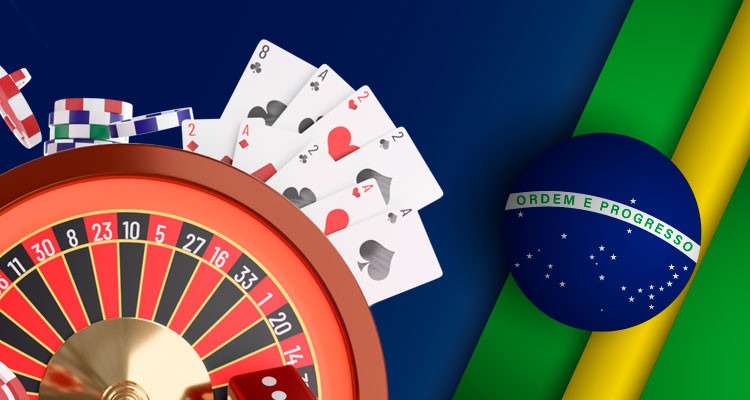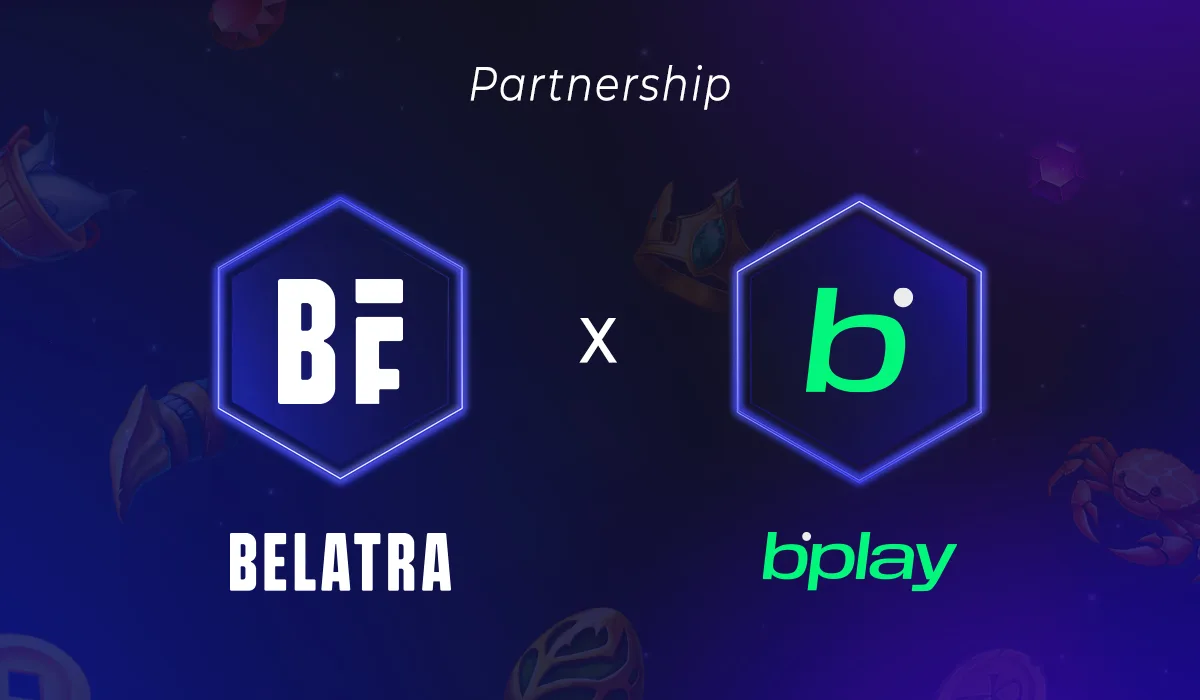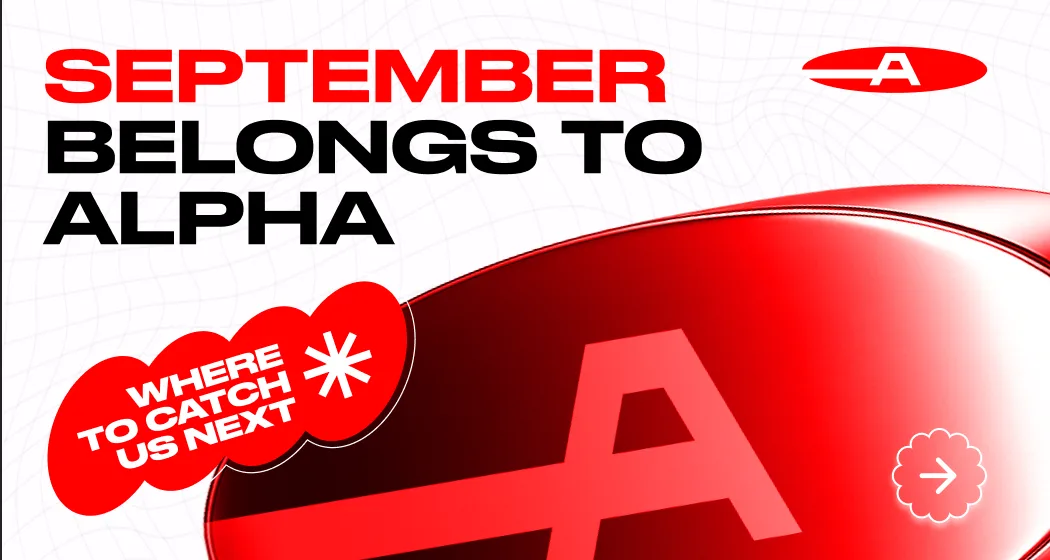Brazil is the largest by territory and population country in Latin America, which could also become one of the biggest gambling markets in the world. However, as the local news about gambling laws informs, most types of games of chance have been banned in Brazil for 75 years. Online gambling in Brazil isn’t regulated as well.
Brazil is one of the two Latin American countries that haven’t legalized gambling yet. Brazilians, however, are more than eager to participate in the games of chance and often play on foreign casino sites.
The 2017 KPMG & RGA research highlights the potential of the region, as Brazilian players spend an estimated $2.1 billion on offshore gambling annually. And as multiple legislation bills are debated in the local government, many gambling ops may soon get a chance to enter the Brazilian market.
This article provides an in-depth review of the gambling industry in Brazil, overviewing the history of games of chance, local regulation, and the market structure. This information will be useful for anyone interested in the gambling region of Brazil.
The history of gambling in Brazil
Historically, gambling was a popular type of entertainment in Brazil. Up until the 1940s, games of chance were allowed in the country. However, in 1941 the Criminal Contravention Act, which is still in force, outlawed most forms of gambling. The only exceptions are lotteries and horse race betting. Since 1967, the state-owned bank Caixa Economica Federal has had a monopoly on lotteries in the country.
The government tightened restrictions in 1946, employing new law that established a total ban on gambling. The decree law, which was signed by President Eurico Gaspar Dutra, classified gambling as a minor misdemeanor, resulting in the shutdown of over 70 casino venues.
Popularity of bingo
In the 1990s, the gambling scene in Brazil changed again, as bingo and slot video machines rose to popularity. Thanks to a loophole in the law, in 1993, the government approved Zico Act. This bill legalized bingo games on the condition that the profits sponsor or foster amateur sports, religious, or other non-profit organizations. At the time, there were an estimated 100 000 gambling machines across 1 000 bingo centers.
Although in 1998 Zico Act was rejected by the Senate, bingo halls legally operated for five more years. Only in 2004, President Luís Inácio Lula da Silva outlawed commercial bingo games. Now, Brazilians can play on bingo gaming machines only for free.
History of iGaming
The next chapter of gambling history has begun when online forms of games of chance launched worldwide. Although the 1946 gambling law does not specify that iGaming activities are prohibited (as the Internet didn’t exist in the 1940s), there isn’t a single digital sportsbook or online casino licensed to operate in the country. Nonetheless, Brazilian gamblers are very fond of virtual games of chance.
Due to another gap in the regulation, it isn’t illegal to gamble on offshore websites. Portuguese online casinos are especially popular as the language of the games is the same as in Brazil.
In 2009, the government insisted on blocking foreign gambling sites but failed. The regulation was introduced in response to the 2008 bill for the legalization of iGaming.
With the 2011 law, the Brazilian government prohibited the use of debit and credit cards for both land-based and online gambling activities. During the 2014 World Cup, this bill was temporarily revoked but became effective shortly after the end of the tournament.
New reforms
The debate on the legislation of offline and online gambling in Brazil has been going on for several decades. Supporters of the legalization claim that the gambling market can generate high revenues and contribute to the state budget.
The first gambling legislation bill was submitted to the National Congress in 1991 but wasn’t supported. Multiple acts, advocating for the legalization of cash poker games, online casinos, slot machines, and bingo, were presented before Congress.
The first shift towards softer gambling regulations came in 2018 when Congress passed the bill legalizing fixed-odds sports betting. Currently, the government debates two bills that aim to regulate bingo, casino games, iGaming, and lotteries.
Structure of gambling in Brazil
As mentioned before, most types of games of chance are outlawed in Brazil with only a few exceptions.
Lottery
The lottery is one of the few gambling activities Brazilians can enjoy legally. Gambling laws in Brazil permit the following types of the lottery game:
- federal lottery;
- numeric lottery, where player bets on the number drawn;
- specific prognostic lottery;
- sports prognosis lottery;
- instant lottery LOTEX.
Since 1961, the state-owned bank, Caixa Economica Federal, has been managing all the lotteries in the country. Currently, Caixa offers ten types of lotteries and has issued licenses for over 13k lottery venues. Ans as of 2011, Brazilians can bet on lottery raffles online. In addition, 16 of 27 Brazilian federal regions run their own lotteries.
In 2017, the government officials began debating the privatization of Loteria Exclusiva Instantanea (LOTEX) to end the monopoly system. However, it was delayed multiple times as there was a lack of bidders. In 2019, Scientific Games and International Game Technology (IGT) won the bid and were due to pay BRL817.9 million. But as Caixa didn’t authorize the transaction by the final date, the operators withdrew their offer.
Read more: Top Trending Lottery Websites
Horse race betting
Betting on horse racing events is permitted only on the authorized racetracks. The bets placed with unlicensed operators are deemed illegal. Currently, there are nearly 200 agencies licensed for horse race betting services.
Fixed-odds betting
As mentioned before, the 2018 act has legislated fixed-odd sports betting. According to the law, it is a system for wagering on sports events, in which the prize for a winning bet is announced when the wager is placed. The government plans to present the licensing system by 2022.
Poker
Poker is not outlawed, as it is considered a game of skill. The Ministry of Sport defines all poker games as a sport. There are poker clubs in all major Brazilian cities.
Online gambling
According to the Misdemeanor law, online casinos in Brazil are not legal. However, there is a loophole in the legislation, which allows Brazilians to gamble on offshore websites. Gamblers aren’t committing any offense as long as the websites are authorized in their jurisdictions.
Games like Jogo do Bicho are still played in the country despite their illegal status.
Gambling laws and regulations in Brazil
As mentioned before, the Decree-Law of 1941 defines all games of chance as minor misdemeanors punishable by a jail sentence of up to two years and a fine. Games of skill, however, are permitted.
The General Tourism Law regulates the few gambling activities that are legal in Brazil. More information can be found in the table below.
| Type of gambling | Regulatory body | Law |
| Lotteries | Secretariat for Public Policy Evaluation, Planning, Energy and Lottery (SECAP), Caixa Bank | Decree №50 945 from 1961 |
| Horse race betting | The National Coordinator Commission of Horse Breeding (CCCCN), which is the Ministry of Agriculture, Livestock, and Food Supply entity | Law №7 291 from 1984, Decree-Law №96 993 from 1988 |
| Fixed-odds sports betting | The Ministry of Economy, namely the Secretariat for Public Policy Evaluation, Planning, Energy and Lottery (SECAP) | Law №13 756 from 2018 |
| Bingo (only non-commercial) | SECAP | Law №5 768 from 1971, amended by Law №14 027 from 2020 |
| Poker | Unregulated as it is considered a game of skill | |
| Fantasy sports betting | Legal but unregulated | |
| Social gaming without money or money’s worth price | Legal but unregulated | |
| Skill games without an element of chance | Legal but unregulated | |
As most types of gambling are state-owned, there is no licensing process in Brazil. The Ministry of Economy is yet to create a licensing system for sports betting operators.
Taxes and fees
As of July 2021, Brazil has switched to a revenue-based tax instead of a levy on turnover. All gambling operators are obliged to pay the levy, which includes:
- corporate income tax (IRPJ) – 15% on net profit. An additional 10% applies on the annual income of over BRL240k (or over BRL20k monthly);
- federal contribution tax – 9% on NGR;
- social contribution tax (CSLL) – 9.25% on gross gaming revenue.
The prizes from lottery draws or bets on horse-racing events are also subject to taxes. The exact tax rate depends on the type of prize and residency of a winner:
- monetary prizes:
- for residents of Brazil – 30%;
- for residents abroad – 15%;
- for residents of low-tax jurisdictions – 25%;
- prizes in the form of goods or services:
- for residents of Brazil – 20%;
- for residents abroad – 15%;
- for residents of low-tax jurisdictions – 25%.
Horse owners have to pay a 15% levy on prizes received in the turf competitions. If the owner is a legal entity, this tax is considered a corporate income tax; and if the entity is Brazilian, they also have to pay social contribution tax on the GGR and NGR.
The owners of the horse race tracks have to pay a monthly fee to CCCCN. The size of the payment depends on the bets placed in the past month and has to be lower than the size of winning that was paid out. It also is defined by the reference value (RV):
- 1 – 2 500 multiplied by RV – exempt from fee;
- 2 501 – 3 500 multiplied by RV – 0.5%;
- 3 501 – 4 000 multiplied by RV – 1%;
- over 4 001 multiplied by RV – 1.5%.
Advertising of gambling services
The Brazilian Self-Regulation Advertising Council (CONAR) doesn’t allow the promotion of any kind of illegal gaming activity. The only exception occurred in 2010 when the advert for poker launched on the Brazilian TV network.
Gambling territories in Brazil
Brazil is a federal republic that consists of 26 states and the district of Brasilia. Although the country has a uniform gambling law, there are some differences across the states.
Since September 2020, state governments were allowed to run their own state lotteries with no regard to Federal Government. And on February 3, 2021, the regional governments and private companies were allowed to run state lotteries through public bidding. Currently, there are 16 lottery ops across the Brazilian regions. The Paraiba and Ceara states are the only Brazilian federal units that legally offer Jogo do Bicho game.
Acre
On April 28, 2021, the state’s deputy has filed a bill in the Legislative Assembly, instating the LOTAC lottery. Either a public agency, or public entity of the state, or a private company under the concession can run the lottery.
Amazonas
The state lottery of Amazonas, Loteam, was created in November 2020. The deputy of the state has also created the Social Lottery of Amazonas. In August 2021, the state government has announced that it will hire a private company to operate the Loteam.
Ceara
The state lottery of Ceara, Lotece, offers multiple products, including:
- Loteria do Sonhos;
- Totolec Interior;
- Totolec Show.
The governor of the Ceara has welcomed the first studies for modernization of Lotece.
Consórcio Brasil Central (BrC)
Consórcio Brasil Central doesn’t have a state lottery yet. As of July 2021, the state government of BrC welcomes proposals for the creation of the lottery service.
Federal District
The Federal District of Brazil runs a state lottery. On July 14, 2021, the state government has launched a public consultation on the state lottery concessions. The concession will cost BRL721.9 million and will last for 20 years.
Espírito Santo
In December 2020, the Legislative Assembly passed the draft law, which creates the state lottery – Loteca. Only Brazilian residents will be able to participate in the lottery raffle both online and in land-based venues. However, the governor of the state hasn’t approved the law yet.
Goias
The state lottery of Goias (LEG) did not operate for over 20 years. But in September 2020, deputy Vinícius Cirqueira has presented a bill for the recreation of the LEG lottery. The Legislative Assembly is yet to vote for the draft law.
Maranhão
The state of Maranhão is in the process of implementing the state lottery – Lotema. NGT, Intralot, IGT, and Hebara have presented the lottery projects. In August 2021, the public consultation on the matter reviewed the models and partially approved the NGT study.
Mato Grosso do Sul
The Constitution, Justice, and Writing Commission (CCJR) has recently passed the bill, reinstating the Lottery of Mato Grosso do Sul – Lotesul.
Minas Gerais
Intralot Brazil operates the state lottery of Minas Gerais, which provides the following products:
- Keno Minas;
- Multiplix;
- LotoMix;
- TotoLot;
- Raspa Mina.
Intralot has recently announced that it will sell its stake to Saga Consultoria e Representações Comercial e Empresariais (Saga).
Paraíba
The state lottery operator of Paraíba is LOTEP, which offers the Sorte Sua lottery and is part of the Cibelae corporation. The Paraiba state also legally offers Jogo do Bicho game.
Paraná
In March 2021, the draft bill for recreating of Paraná State Lottery, Seplopar, was presented to the local authorities. Before its shutdown in 2007, Seplopar offered video lottery, including tele bingo and instant lottery raffle.
Pernambuco
On July 3, 2021, the state government has announced it is looking to reinstate the SEPLAG lottery and is looking for parties to carry out studies. Currently, nine companies have submitted applications:
- Intralot do Brasil;
- Hebara;
- NGT;
- ADF Editora;
- Consultoria;
- Assessoria e Tecnologia em Educação;
- AM & FPA Comercio de Equipments and Computer Programs Ltda;
- Pelotto Consortium;
- Paschoal Intermediação de Negócios Ltda;
- Sistema Lotérico de Pernambuco Ltda;
- Social Solutions Tecnologia Ltda.
The Special Commission will evaluate projects.
Rio de Janeiro
The State Lottery of Rio de Janeiro – Loterj – has been operating since 1975 and runs Raspa Rio and Rio de Prêmios lotteries. The State Audit Court is yet to vote for the implementation of new modalities.
São Paulo
The local government plans to create a new State Lottery of São Paulo and has already authorized 12 companies to work on the project.
Tocantins
In October 2020, the state deputy has presented a draft bill that aims to create the lottery of Tocantins – the Loteria Social. The lottery will be owned and operated by the state. The State Lottery of Tocantins was
Preferences of Brazilian gamblers
According to the Globo portal survey, sports betting is the most popular type of gambling in Brazil. Local gamblers place wagers on the following games:
- football – 81%;
- basketball – 33%;
- esports – 29%;
- poker – 26%;
- MMA – 23%;
- volleyball – 24%
- horse racing – 21%.
In addition to betting on sports, Brazilians enjoy the following types of gambling:
- federal lottery – 69%;
- daily fantasy sports – 38%;
- online casinos – 36%;
- informal bets – 33%;
- online bingo – 32%.
Among casino games, Brazilians prefer roulette (78%) and blackjack (66%). Most of the players in the country view gambling as a fun activity (60%), the possibility of additional income (52%), and an opportunity to socialize with friends (33%). Nearly half (48%) of the Brazilian players go to gambling websites 1-3 times a week and have memberships on 2-5 casino or sportsbook sites.
Future of online gambling in Brazil
As numerous studies show, most Brazilians stand for full legalization of the games of chance. According to the 2019 survey, 66% of respondents support legislation of land-based casinos, and 64% of surveyed voted for the launch of legal online casinos in Brazil.
In the Brazilian National Congress, there is an ongoing debate about the launch of the legal gambling sector. According to the supporters of regulated online gambling, Brazilian gamblers go to over 300 offshore online casino sites and this is money lost for the budget. They also argue that there is a lot of unregulated games in the market. Their opponents raise concerns about fraud, money laundering, and increasing rates of gambling addiction.
Currently, the government considers several laws that aim to regulate online gambling in Brazil. The most important bills are shown in the table below.
| Bill/Law | Type of gambling to be legalized | Status |
| House Bill №442 of 1991 | casinos;bingo;fixed-odds sports betting;video lottery terminal (VLT);online gambling;lottery;Jogo do Bicho game. | Approved by the Special Commission in August 2016, to be voted in the plenary of the Chamber |
| Senate Bill №186 of 2014 | Bingo, online sports betting, casino games | Approved by the Senate’s Special Commission in December 2015. Currently, the Senate has to vote for the bill |
| Bill №2 648 of 2019Bill №4 495 of 2020 | Games of chance at resort-integrated casinos | The new bill №4 495 was introduced by Senator Iraja Silvestre. More public hearings are expected shortly. |
At the end of November 2021, the new regulatory framework was presented before the Chamber of Deputies. The draft legislation is going to replace the House Bill of 1991 and will create guidelines to regulate Brazil’s online gambling market and terrestrial games of chance. So, there is hope to see Brazil’s online gambling laws to be approved soon.
The lottery sector is also opening up, as the federal states of Brazil have recently gained autonomy and can grant licenses to private companies.
The gambling market of Brazil has a high potential and many renowned operators are eager to offer their games to the local players. However, long bureaucratic processes delay the launch of what may become one of the biggest gambling markets in the world.
Read more: Best iGaming Aggregators












